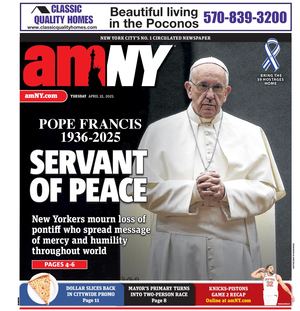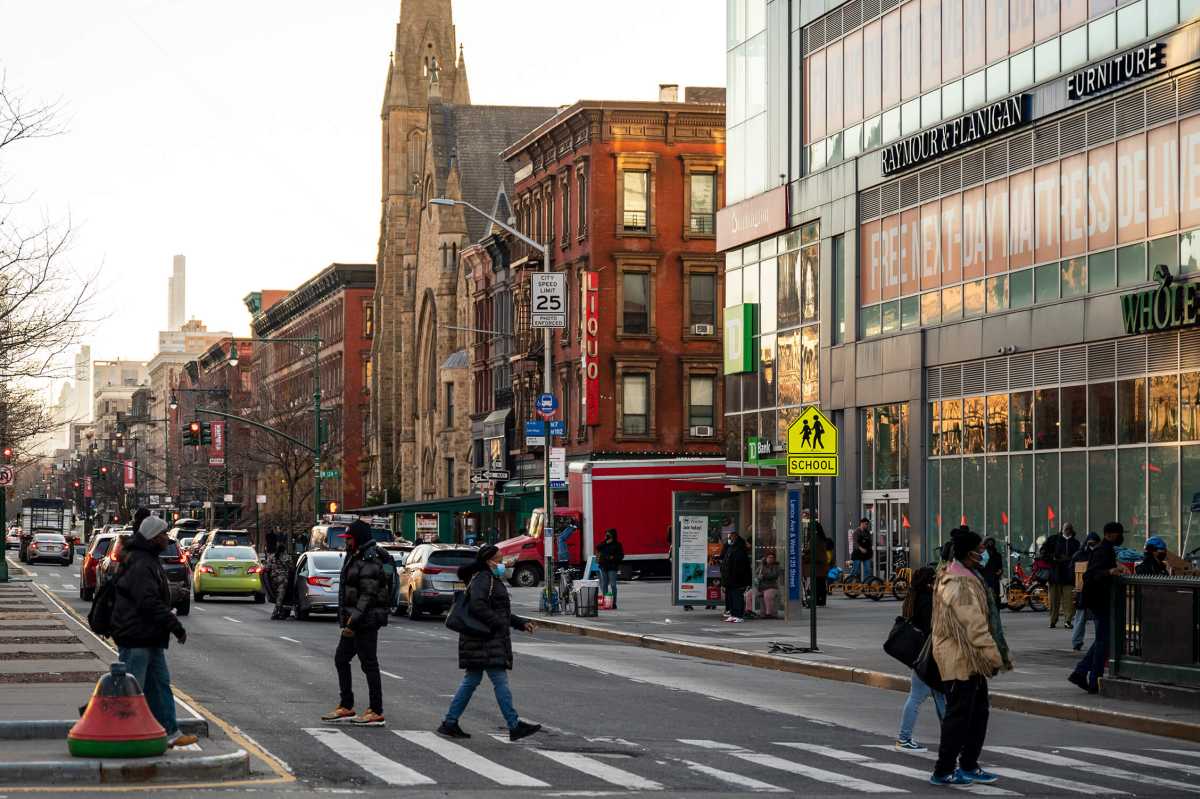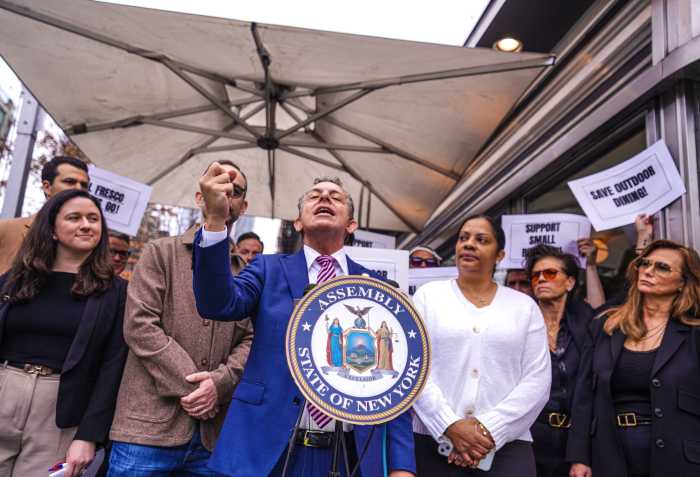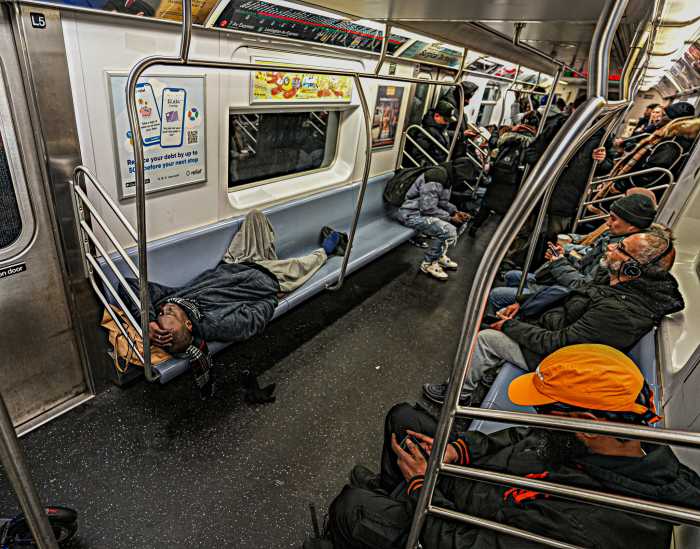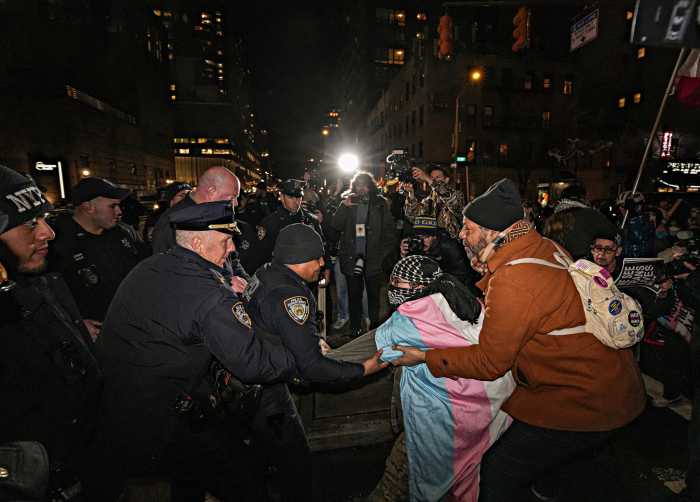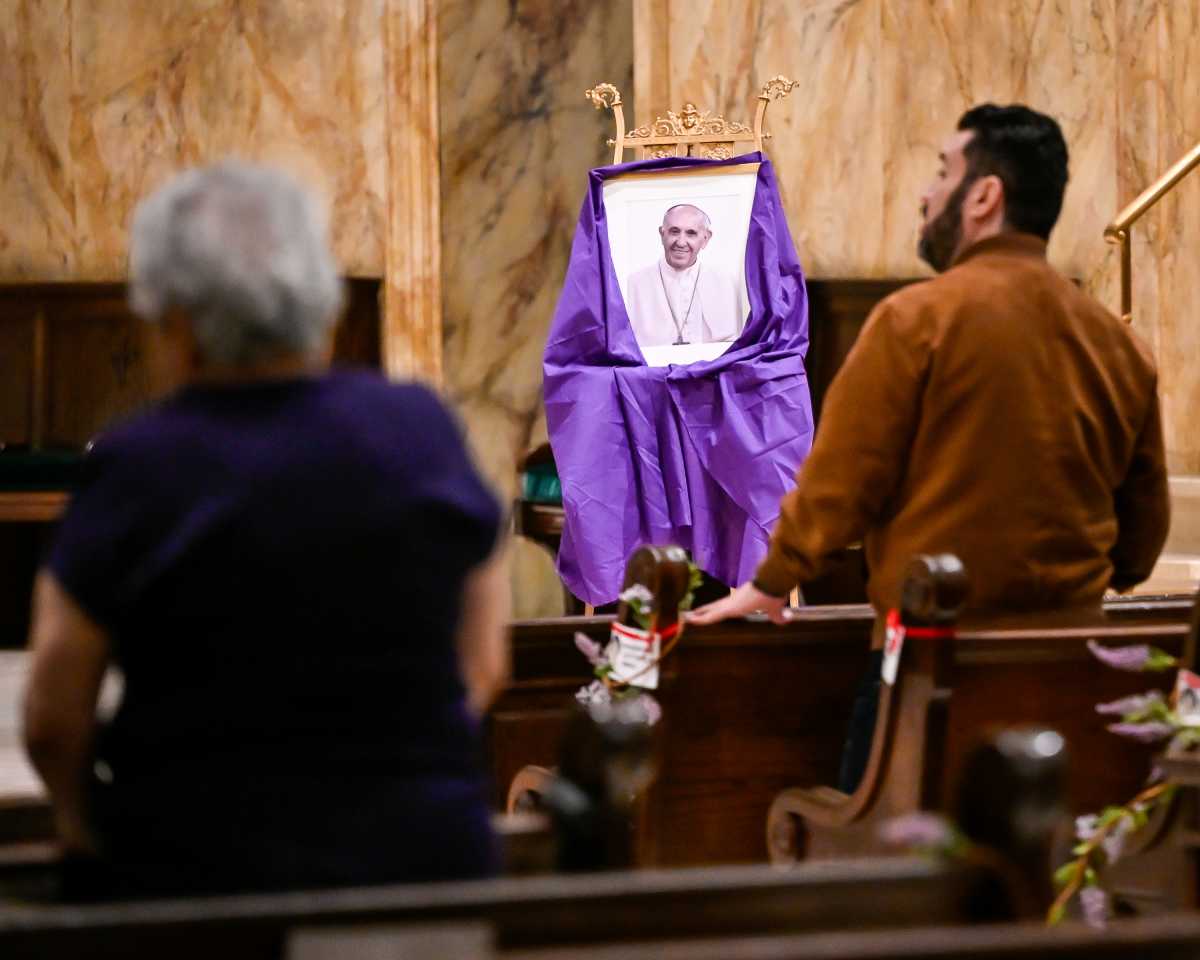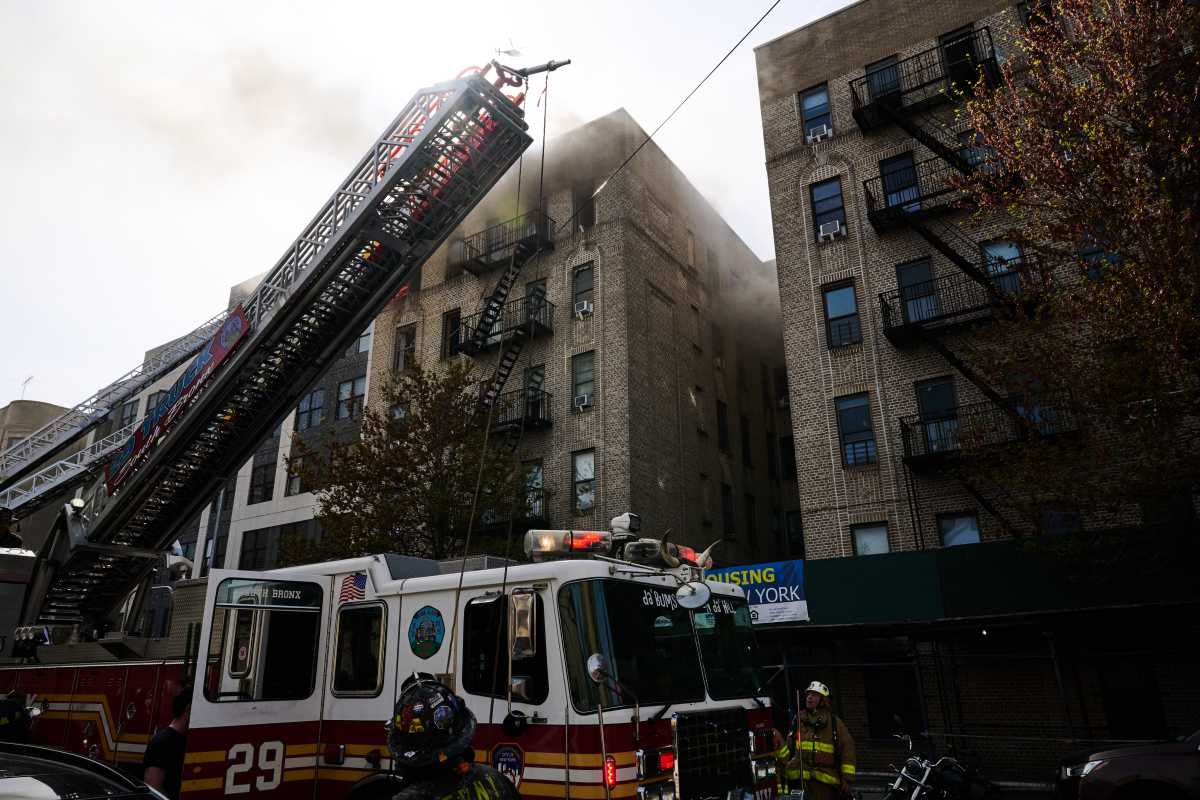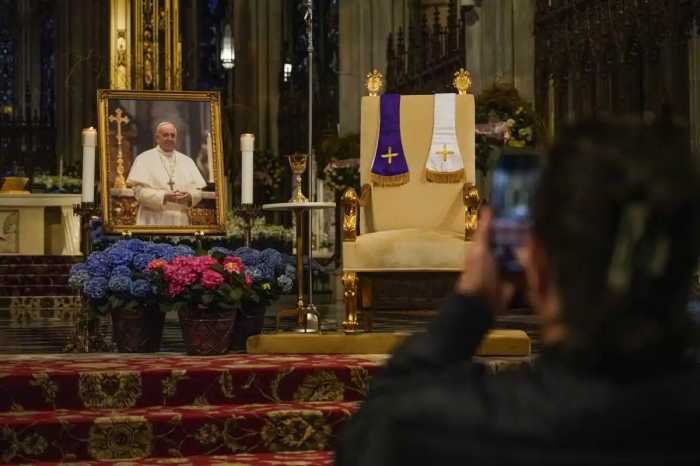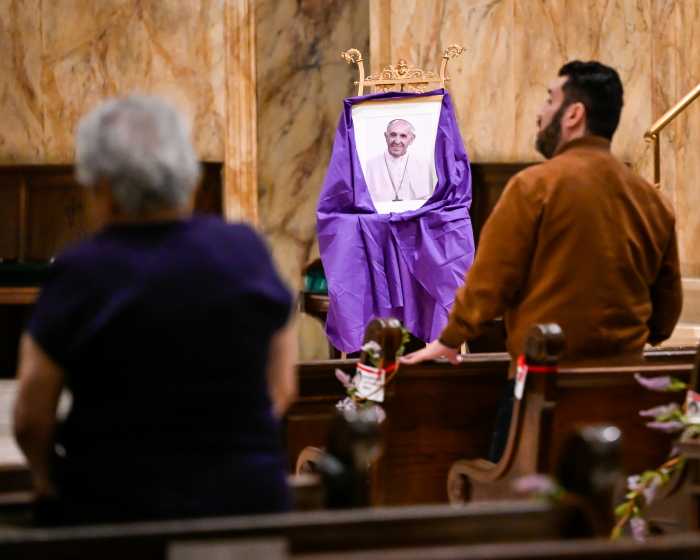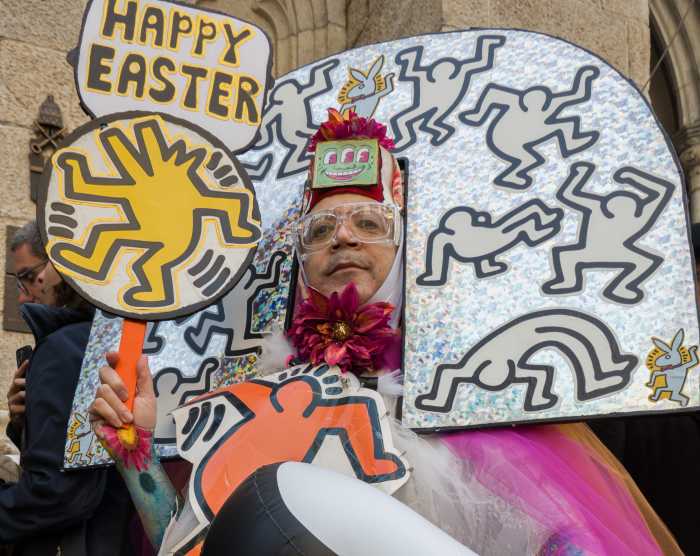New York City has long been considered to be a humid climate, but in recent years the city has heated up so much it has become part of the humid subtropical climate zone.
Not only has the entire city seen an increase in temperatures, precipitation and other climate factors, but the inequity of the city’s infrastructure means that some communities – like Harlem – are sometimes above 30 degrees warmer than neighborhoods in wealthier areas of Manhattan.
To mark the beginning of Harlem Week on Aug 10, the Greater Harlem Chamber of Commerce, Columbia Climate School and the City College held their second annual talk on climate change and environmental justice. There, speakers and guests were able to discuss the heavy socioeconomic inequities seen in Harlem that cause environmental injustices.
“Some people say that your zip code can define your health and perhaps even predict your life,” said legendary environmental activist and founder of WE ACT for Environmental Justice Peggy Shepard during the event. “Here in Harlem, we have a set of zip codes that were home to the illustrious poet Langston Hughes, to visits from Nora Zeale Hurston and the incredible celebration with Nelson Mandela on 125th street. Yet those are the same zip codes that also share the legacy of environmental racism. Communities of color like Harlem have been targeted by business industries and even government to bear the disproportionate exposure to polluting facilities and toxic sites.”
Black people who live in NYC are twice as likely to die from heat stroke than white New Yorkers and overheating deaths are far more common than deaths caused by cold.
Areas that experience unequal temperatures compared to the rest of a community are called “urban heat islands”
“We are in the fight for our collective lives,” said State Senator Cordell Cleare during her speech at the event. “When people are oppressed and disproportionately impacted it takes continued acts of courage and resolute spirit to fight every single fight. Each and every one of you will be needed to save this planet.”
Last summer, the New York Times recorded surface temperatures in neighborhoods across NYC and found that a street on Manhattan’s Upper West Side measured 84 degrees while a street in East Harlem measured 115 degrees – 31 degrees warmer.
There are several reasons why the streets of Harlem are significantly warmer than in Manhattan, one being the lack of trees in the neighborhoods and another being lower air-conditioning availability.
However, these two reasons are just the tip in the proverbial iceberg when it comes to the numerous environmental issues plaguing Harlem and other predominantly Black and Latinx communities. For instance, one in four children residing in central Harlem have asthma, the highest recorded rate in the entire nation.
“Harlem still has a lot of challenges,” Peggy Shepard said during her address. “An important lesson is that monitoring compliance is as important as creating a law or the policy. Today there should really be no surprise that scientists tell us that the most vulnerable places will be first and worst hit by climate change and extreme weather events.”
Activists have stated that significant climate change legislation is only possible if government officials team up with educators, researchers and advocates to ensure complete community cooperation and information when it comes to protecting our planet.
Other speakers emphasized how climate change often has a ripple effect throughout the globe. If a significant environmental change is made in one location, it often has an impact in other communities.
“What happens in Harlem is oftentimes projected around the world. We are talking about a Harlem state of mind,” said Llyod Wiliams, President and CEO of The Greater Harlem Chamber of Commerce on Aug 10. “What do we mean by that? We are talking about recognizing that what we do in Harlem translates to Cicero, Illinois. To Rockbury, Massachusetts, to Kingston, Jamaica to Southside Chicago, to Nigeria and to South Africa. What we are trying to say is that what we are talking about today [at the Harlem climate change and environmental justice summit] is dramatically important to Flint, Michigan.”
Read more: Streit’s Family Legacy: 5 Generations of Matzo-Making
